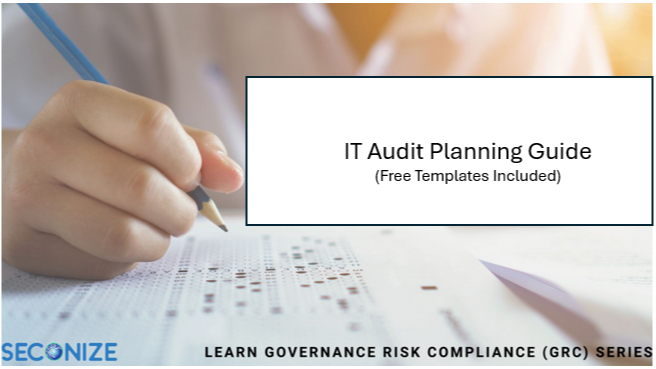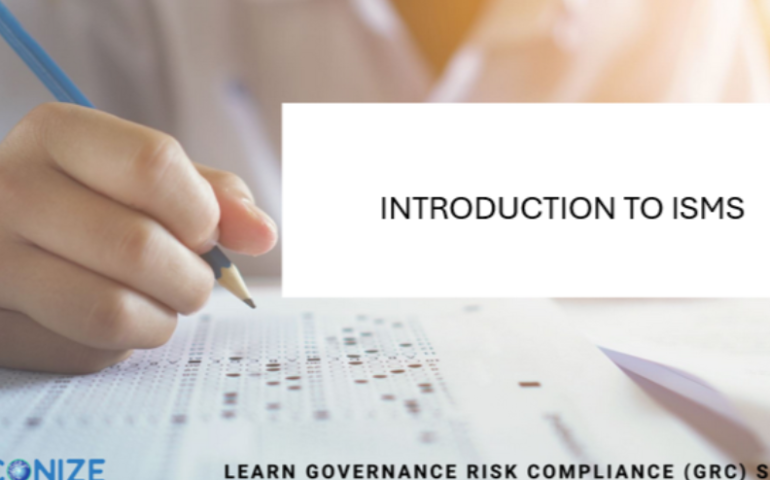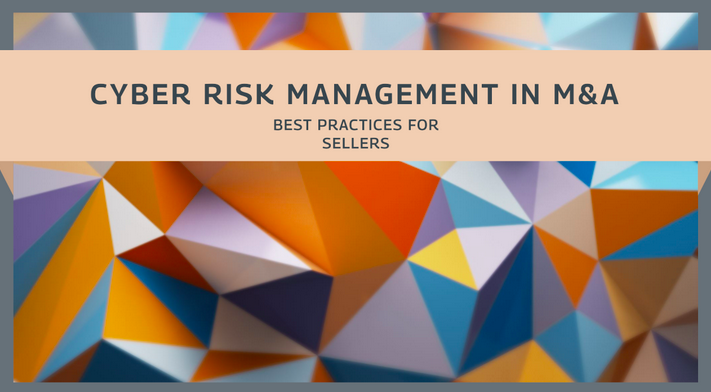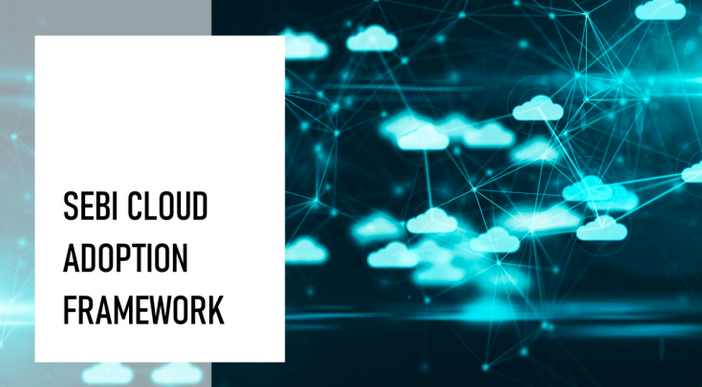

IT Audit Planning Guide and Free Templates
Introduction Effective IT audit planning is the cornerstone of a successful compliance journey, ensuring organizations can meet regulatory requirements and uphold their security and operational standards. This IT audit planning guide introduces a structured audit planning framework that integrates the

The Art of GRC Audits: Insights from Sun Tzu’s The Art of War
In the dynamic world of cybersecurity, the metaphorical battlefield is constantly evolving. The threat landscape is as unpredictable and as dangerous as any warzone. To combat this, organizations must fortify their defenses, ensure compliance, and conduct regular audits. But what

The Emperor Has No Clothes: The Illusion of Security with Tick box Compliance
In Hans Christian Andersen’s classic tale, The Emperor’s New Clothes, two swindlers deceive an emperor into believing he is wearing a magnificent suit of clothes, invisible to anyone who is “unfit for their office.” No one dares to admit

Understanding ISMS: Information Security Management Systems
In an age where data is one of the most valuable assets for organizations, ensuring its protection has become paramount. As cyber threats grow in both complexity and frequency, businesses worldwide are increasingly adopting frameworks and standards to safeguard their

Navigating IRDAI Cyber Security Guidelines: A Guide for Insurers and Intermediaries
Introduction The Insurance Regulatory and Development Authority of India (IRDAI) introduced comprehensive Cyber Security Guidelines in 2023 to bolster the cyber resilience of insurers and intermediaries. The IRDAI Cyber Security Guidelines establish robust frameworks to protect critical information assets, mitigate

The Cyber GRC Automation Paradox and the Audit Manager: A Modern-Day Kalidasa’s Tale
In today’s fast-evolving business environment, organizations are constantly pressured to adopt new technologies to stay competitive. One area undergoing rapid transformation is Cyber Governance, Risk, and Compliance (Cyber GRC) automation, where AI and automation are reshaping industry practices. This shift

Unpacking the Security Controls Framework (SCF)
The increasing complexity of cyber threats and regulatory demands calls for a structured, efficient approach to managing security and compliance. The Security Controls Framework (SCF) provides a unified model that simplifies the implementation of security measures while ensuring adherence to
Featured

SEBI Cyber Capability Index (CCI)
The SEBI Cyber Capability Index (CCI) is a framework created to assess and quantify the cybersecurity preparedness and resilience of Market Infrastructure Institutions (MIIs) and Qualified Regulated Entities (REs). Its goal is to provide a standardized measurement of cybersecurity maturity
Featured

SEBI’s Cybersecurity and Cyber Resilience Framework (CSCRF) Circular
Introduction: On August 20, 2024, SEBI introduced a comprehensive Cybersecurity and Cyber Resilience Framework (CSCRF) aimed at enhancing the protection of IT infrastructure and data across SEBI-regulated entities (REs). This circular is designed to ensure uniformity in cybersecurity measures and
Featured

Part 2: The Buyer’s Cybersecurity Shield: Best Practices for cyber risk assessments in M and A
In our previous post, the importance of cyber risk assessments in M and A was explained thoroughly. Mergers and acquisitions (M&A) represent a strategic opportunity for companies to achieve market leadership, expand capabilities, and propel significant growth. However, navigating the
Featured

Understanding and Managing Different Types of Cyber Risks
Cyber risks have become a significant concern for organizations worldwide. Different Types of Cyber Risks come in various forms and can originate from multiple sources. Broadly, cyber risks can be categorized into three main types: Technical Vulnerabilities, Process/Policy Gaps, and
Featured

SEBI Framework for Adoption of Cloud Services
Introduction The Securities and Exchange Board of India (SEBI) has released a comprehensive framework for the adoption of cloud services by SEBI-regulated entities (REs)[1]. SEBI Framework for Adoption of Cloud Services aims to provide baseline security standards, ensure compliance with


Recent Comments